Ankahi Kahaniya Review: Tell me another tale
Ankahi Kahaniya, the latest Netflix anthology comprising three short films directed by Ashwiny Iyer Tiwari, Abhishek Chaubey and Saket Chaudhary fails to live up to its name

Ankahi Kahaniya translates in English as untold stories. The latest Netflix anthology comprising three short films directed by Ashwiny Iyer Tiwari, Abhishek Chaubey and Saket Chaudhary fails to live up to its name. There’s nothing in the three films that hasn’t been seen on screen before. A compendium that makes you wince for its utter lack of spark and stimulation especially when seen in the light of the talent that has come together for its making.
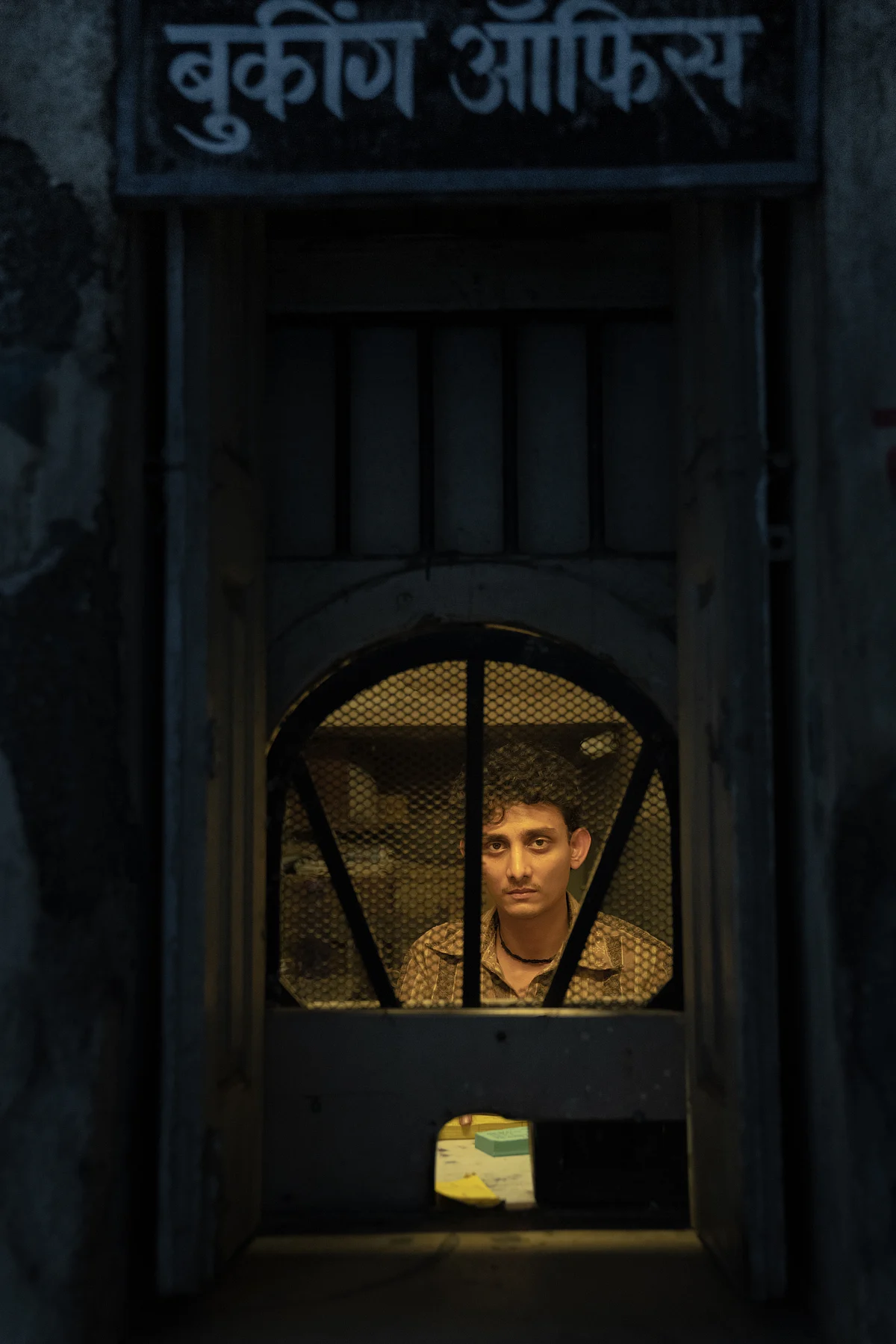
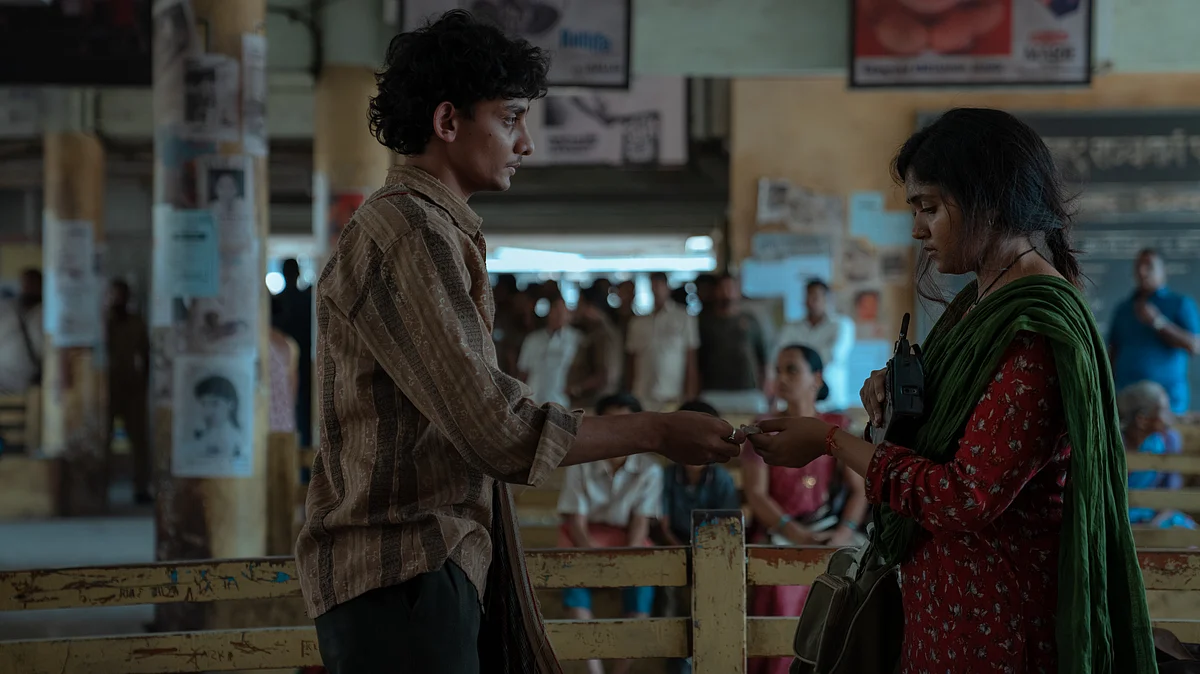

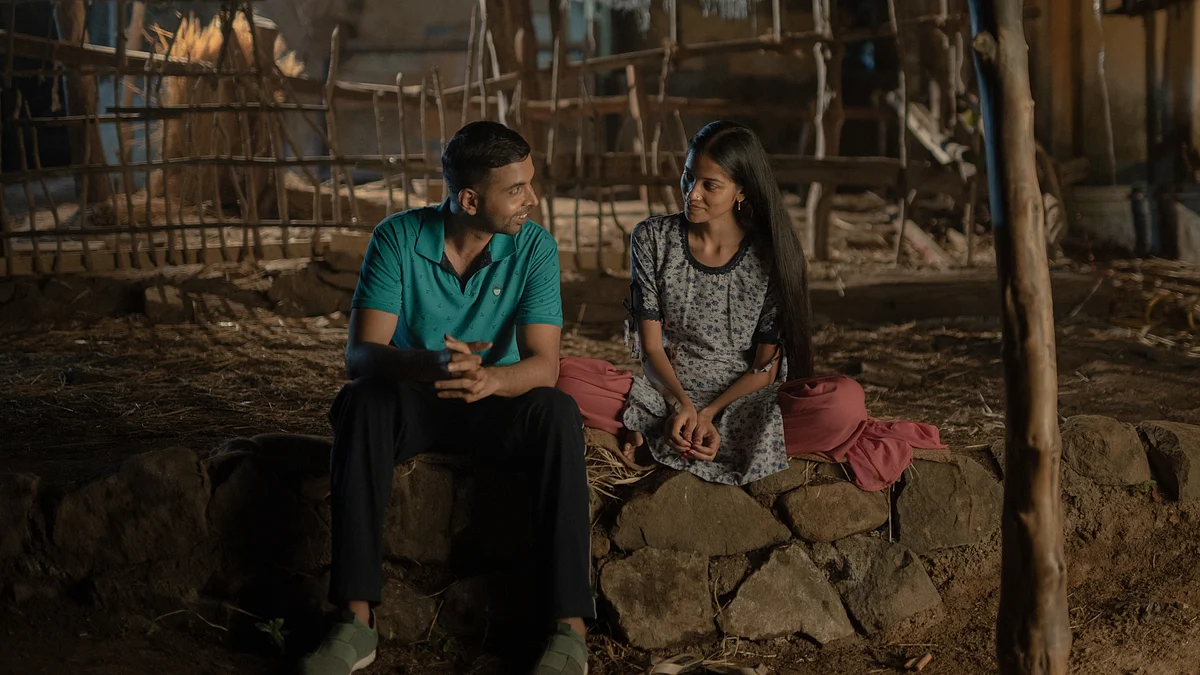


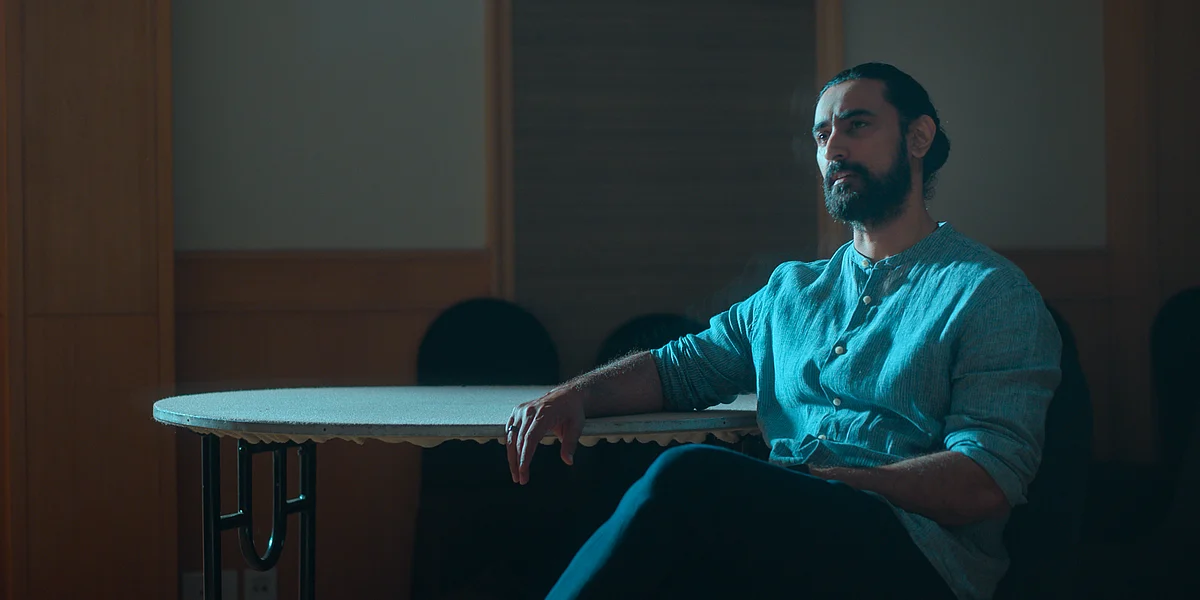
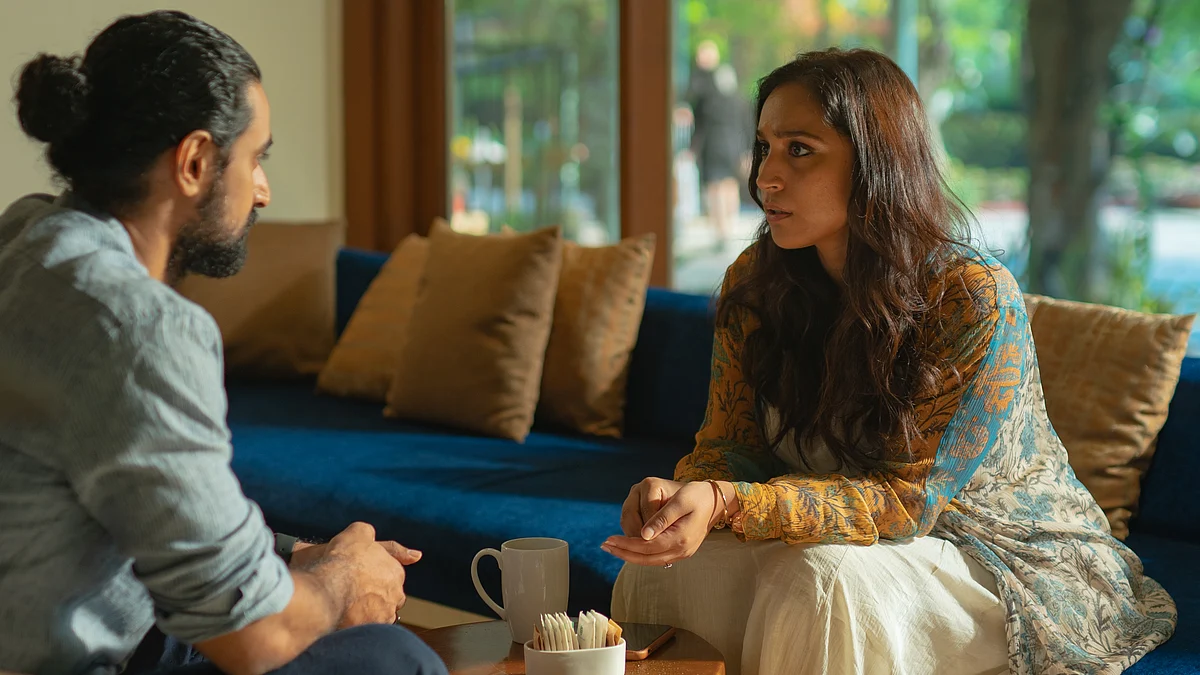
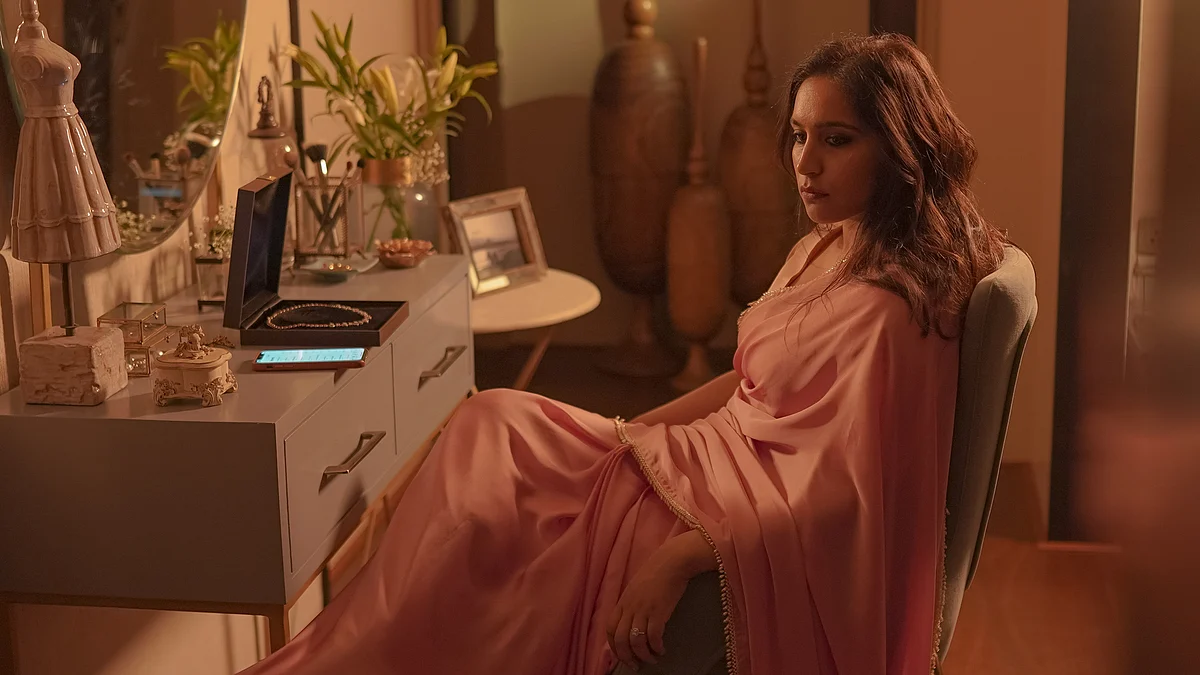
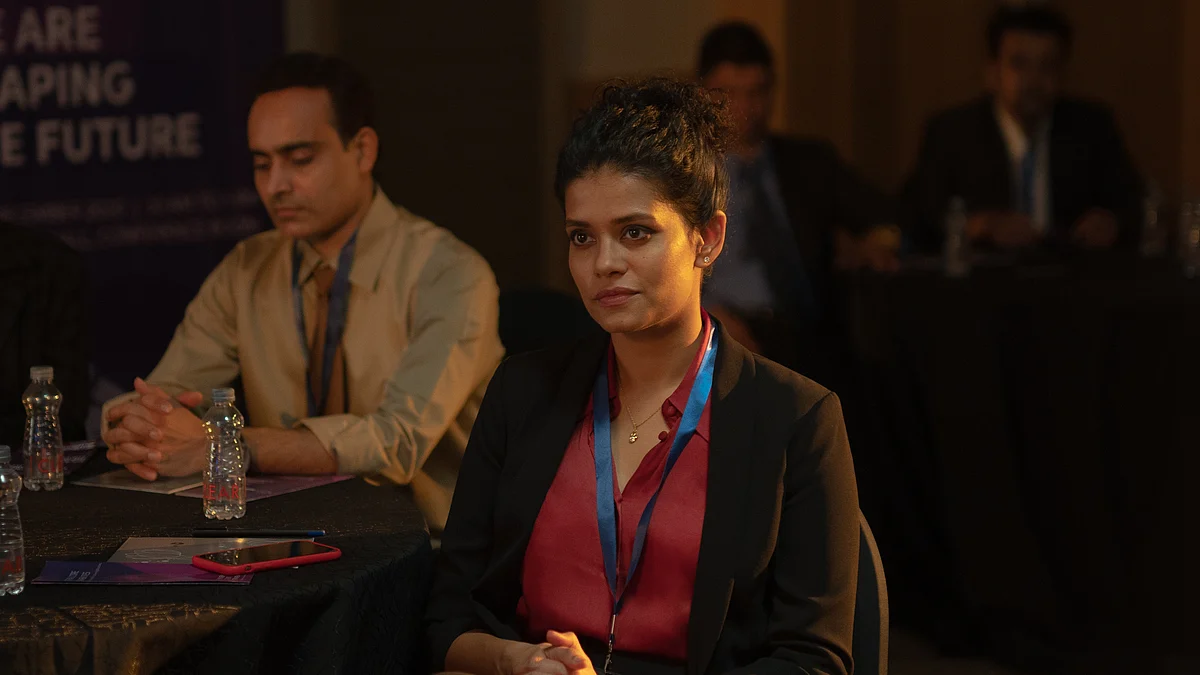
It kicks off with Iyer Tiwari’s film that explores the loneliness of a small-town guy working as a salesperson in a big city clothes shop. Pradeep (Abhishek Banerjee) befriends a mannequin to fill the yawning gap of companionship in his life. A similar theme was explored profoundly by Spike Jonze in his 2013 film Her in which a writer (Joaquin Phoenix) strikes a rare bond with the operating system (voice of Scarlett Johansson). Jonze made this unusual relationship the fulcrum on which to hang the larger question of human existential crisis. In Iyer Tiwari’s short, credited to three writers—Piyush Gupta, Shreyas Jain and Nitesh Tiwari—there is little of consequence initially, other than long sequences about Pradeep’s daily grind. The equation with the mannequin feels kinky were it not for Banerjee’s committed and consistent performance that imbues it with some amount of poignance. But he is let down by the over-explicatory and moralistic finale. Clearly the makers don’t believe in the adage that at times you can say it best when you say nothing at all.
My expectations from the second film, directed by Abhishek Chaubey and written by him along with Hussain Haidry, were, perhaps, the highest. It left me disappointed. The story of an ardent film fan Manjari (Rinku Rajguru) and an usher/errand boy Nandu (Delzad Hiwale) at a film theatre plays on the familiar theme of cinema—be it Bollywood for Marathi films—as an Eastmancolour escape from the shabby reality and a tool to fire people’s imagination, dreams, desires and ambitions. Hiwale brings a freshness with his presence, but Rajguru is not able to shake off her Sairat legacy here. The mannerisms and expressions of Manjari are too reminiscent of Aarchi in the Nagraj Manjule film. Unlike Iyer Tiwari, Chaubey does believe in the power of the unstated. An embroidered hanky and two nankhatais wrapped in a newspaper might bring on a smile but still leave you unsatiated. This story demanded much more.
The third and final film of the lot, directed by Saket Chaudhary and written by Zeenat Lakhani is an elaboration of the central premise of the Wong Kar-Wai romantic classic In The Mood For Love—the odd bond between a woman and a man (Zoya Husain and Kunaal Kapoor) whose spouses (Nikhil Dwivedi and Palomi Ghosh) are having an affair with each other. Forget approximating the intense romance of Wong War-Wai, here you find yourself watching the drama unfold, distanced and disinterested. Even the charming actors can’t add spark to the proceedings. Yet another anthology that remains eminently pointless.
Follow us on: Facebook, Twitter, Google News, Instagram
Join our official telegram channel (@nationalherald) and stay updated with the latest headlines
